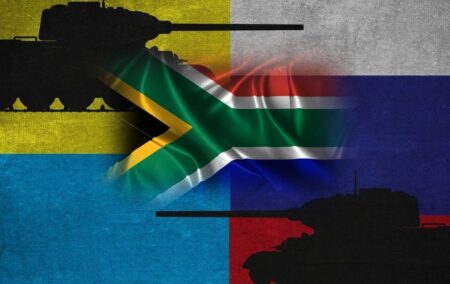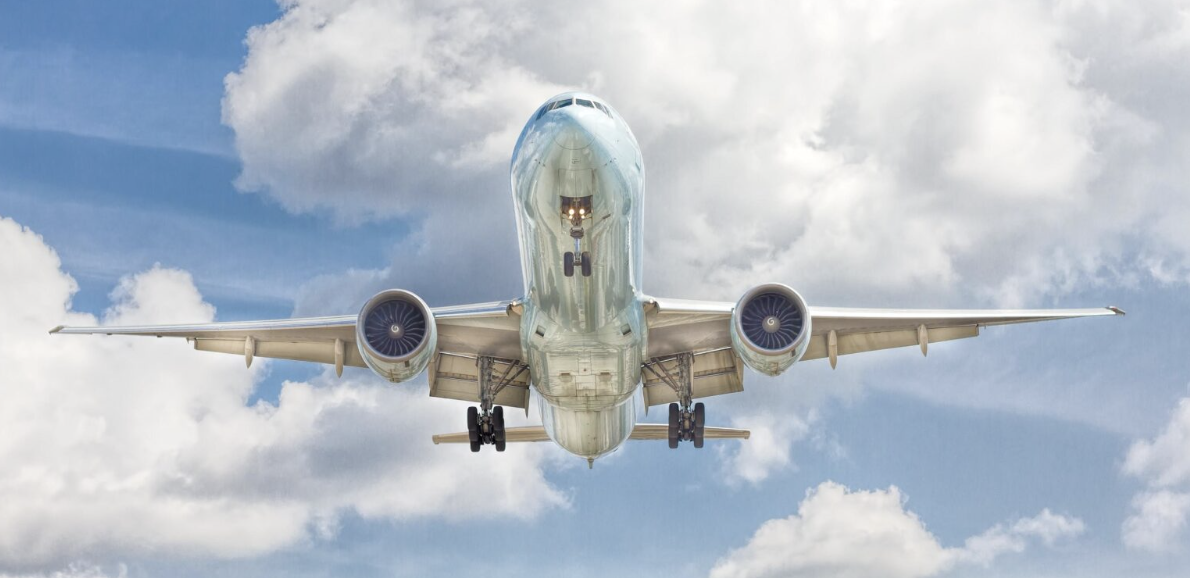News
Invite Zelenskyy: how SA could use G20 for peaceful ends
South Africa’s one-step forward (hosting Ukrainian President Volodymyr Zelenskyy), two steps backward (sending Defence Minister Angie Motshekga to Moscow’s 9 May victory parade) attempt to reset the way it approaches the conflict between Ukraine and Russia is, so far, unconvincing.

Former Director, The Brenthurst Foundation

Former Research Director, The Brenthurst Foundation

To achieve a shift in perceptions, it needs to work on a more consistent approach based on the value it attaches to democracy and sovereignty.
But, if it is serious about changing perceptions, what can South Africa do? It cannot offer the peace process financial or military support because of domestic fiscal problems, and it lacks geographical proximity.
The answer lies in how it uses the gift of disproportionate international influence it has as chair of the G20 for this year. It could use this moment of global leadership to make some direct interventions that would push Ukraine and Russia closer to permanent peace.
The G20, comprising 19 countries from Argentina and Australia to Russia and the US, represents some 75% of the world’s population and 85% of its GDP. Unlike the UN, which has become an empty, echoing vessel on the global stage, the G20 is in a position to make less ponderous interventions, and the host country has some discretion when it comes to invited guests and the agenda of the annual summit, which will take place in South Africa in November.
South Africa should invite President Zelenskyy to attend the event as a guest. Russia’s President, Vladimir Putin, is likely to attend virtually due to his ‘wanted’ status with the International Criminal Court, if the precedent set by his non-attendance in person at the BRICS summit in 2023 is anything to go by.
Having both leaders present in one or another form could make the G20 meeting a cog in the global machinery which seeks to produce a ceasefire and peace negotiations. And it would positively shine a spotlight on SA’s ability to deliver some peace-making magic.
Willing partner
Ahead of Zelenskyy’s visit to South Africa last month, President Cyril Ramaphosa phoned US President Donald Trump, presenting the country as a willing partner in the Ukraine-Russia peace process. That the visit went ahead despite Putin’s protestations to Ramaphosa, is a positive step for the SA president.
Now, inviting Zelenskyy to the G20, and continuing to consult the US would strengthen South Africa’s newfound image as an impartial broker. It might – just might – arrest the deterioration in the relationship with Trump’s Washington, and avoid the possibility of sanctions.
It would also elevate the G20 from being just another global talk-shop into an instrument for resolving the world’s most intractable war, something which would again help to Brasso the host country’s somewhat tarnished global image.
South Africa could also use the G20 to argue for confidence-building measures between Russia and Ukraine. Ramaphosa has raised the issue of the repatriation of Ukrainian children, who have been abducted by Russia and rehoused on its territory, with Putin before, but has not followed this through. He could pursue this more aggressively in an effort to get Putin to commit to this humanitarian initiative.
South Africa could also use its presence in the BRICS grouping to increase pressure on Putin and Iran to agree to seek a permanent peace. Iran has become a major arms supplier to Russia, particularly of its Shahed drones and artillery ammunition. It could lobby Brazil, India and other members of the grouping not directly involved in the conflict, such as the UAE, to nudge Putin, the Iranians and China, another major component supplier to the Russian war machine, to push for peace.
Diplomatic blunders
South Africa has made an art form of its diplomatic blunders over recent years, severely damaging its international standing. From rushing to visit Iran and cosying up to Hamas after its attack on Israel, to conducting military exercises with Russia, it’s hard to imagine exactly how much farther the ANC could get from Mandela’s 1993 commitment that “human rights will be the light that guides our foreign affairs”
Now, with the prospect for peace in Ukraine, it has been presented with a golden opportunity through its hosting of the G20 and its membership of the BRICS grouping to return to such a role.
This will require putting the noses of some of its authoritarian friends out of joint, but the dividend of a return to the family of peaceful, democratic nations would make this well worth it.
This article originally appeared in the Daily Friend.


